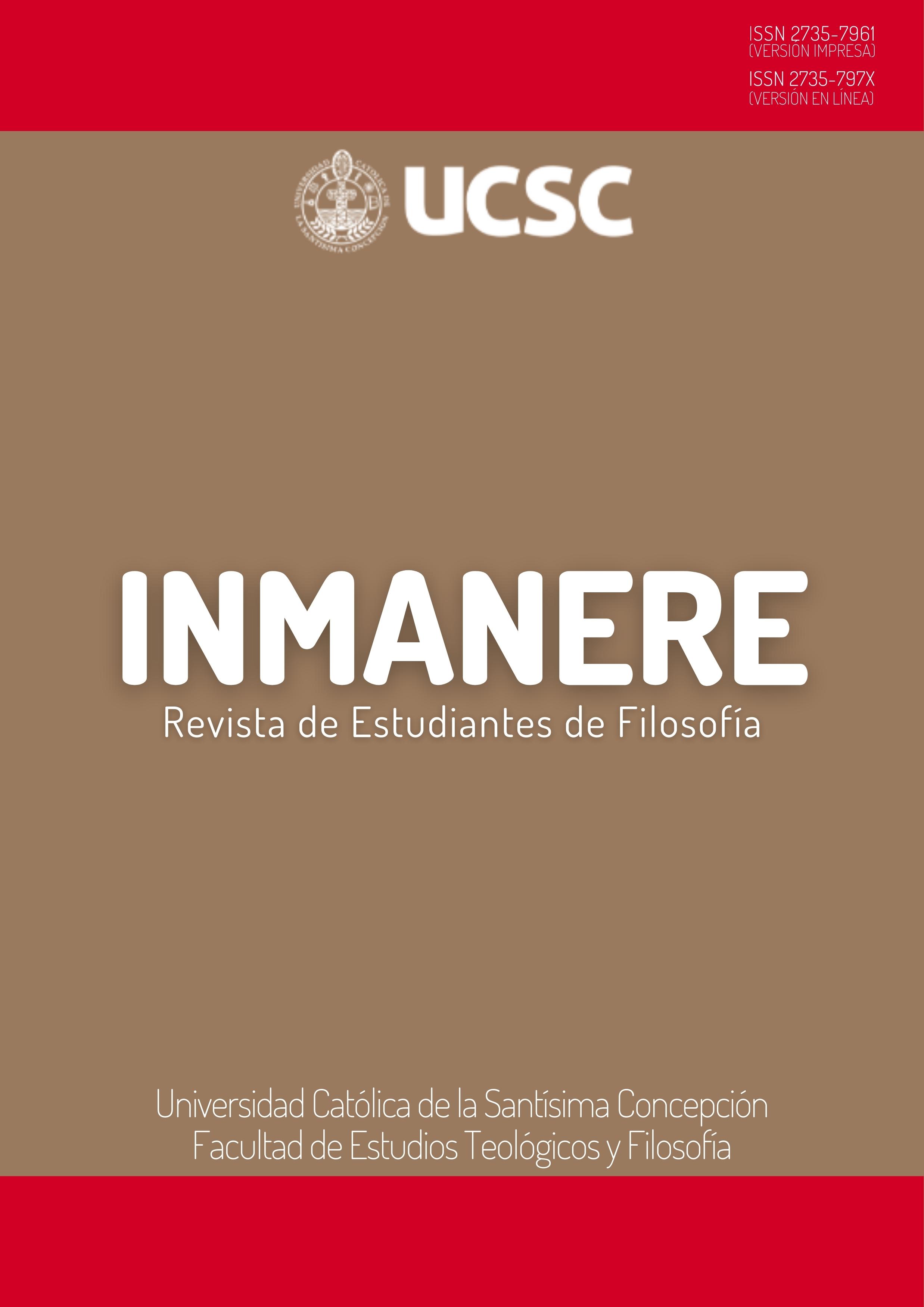Aproximación a la filosofía del lenguaje en Berkeley
Contenido principal del artículo
Resumen
El texto intenta conocer las ideas más relevantes de Berkeley acerca del lenguaje. A pesar de que el autor no expresó de manera sistemática sus tesis respecto al lenguaje, si es posible rastrear referencias a este a lo largo de su obra. Estas alusiones son más que suficientes para “armar” una teoría berkeliana del lenguaje. Algunas ideas definitorias de la teoría son: la idea de que el lenguaje tiene más fines que la mera transmisión de conocimientos; la necesidad imperativa de expresarnos (hasta donde sea posible) con el lenguaje ordinario para evitar malos entendidos y creación de conceptos vacuos (como el de materia); la identificación de la verdad con el bienestar del hombre (que es instituido por Dios). Una mirada cercana al aspecto lingüístico de la obra de este filósofo permite ver rasgos no advertidos entre sus planteamientos y algunas filosofías contemporáneas como son el pragmatismo americano, el segundo Wittgenstein y la filosofía del lenguaje ordinario. De acuerdo con lo anterior, Berkeley se erige, eso sostenemos, como un precursor no reconocido y poco estudiado de lo que Rorty denomina “giro lingüístico”.
Detalles del artículo
Sección

Esta obra está bajo una licencia internacional Creative Commons Atribución-NoComercial 4.0.
El trabajo se encuentra licenciado bajo una Licencia Creative Commons Atribución 4.0 Internacional. Esta licencia permite la compartición y adaptación del material en cualquier medio o formato, incluso con propósitos comerciales. Es necesario otorgar la atribución adecuada, proporcionar un enlace a la licencia y mencionar si se han realizado cambios en el material. No se pueden aplicar restricciones adicionales que limiten legalmente a otros a realizar cualquier uso permitido por la licencia.
Cómo citar
Referencias
Ariso, J. M. (2013). Sobre el riesgo de confundir el lenguaje cósmico de Kandinsky con el lenguaje divino del obispo Berkeley. ÁGORA, 32(1), 95-106. DOI: https://doi.org/10.15304/ag.32.1.1127
Austin, J. L. (1975). Ensayos filosóficos. Compilados por J. O. Ursom y J. Warnock (Traducción y presentación por Alfonso García Suárez). Revista de Occidente.
Berkeley, G. (1992). Tratado sobre los principios del conocimiento humano (C. Mellizo, Trad.; 1.a ed.). Alianza Editorial.
Escandell, M. V. (1996). Introducción a la pragmática. Ariel.
Gilson, É. (1965). La filosofía en la edad media. Gredos.
Kail, P (2007). George Berkeley, the Ends of Language, and the Principles of Human Knowledge. Aristotelian Society, 107(1pt3), 265-278. https://doi.org/10.1111/j.1467-9264.2007.00221.x DOI: https://doi.org/10.1111/j.1467-9264.2007.00221.x
Moore, J. A. (1984). The Semiotic of Bishop Berkeley — A Prelude to Peirce? Charles S. Peirce Society, 20(3), 325–342. http://www.jstor.org/stable/40320055
Rioja, A. (1996). La filosofía de la ciencia física de G. Berkeley. Thémata: revista de filosofía, 17, 145-165.
Rorty, R. (1990). El giro lingüístico / the Linguistic Turn. Paidos Iberica. Ediciones S A.
Russell, B. (2021). Fundamentos de Filosofía. Debolsillo.
Pearce, K. (2014). Language and the structure of Berkeley’s world [Tesis de doctorado,University of southern California]. http://writings.kennypearce.net/diss.pdf
Szalek, P. K. (2020). The Early modern Origins of Pragmatism. Disputatio, XII(59). https://doi.org/10.2478/disp-2020-0020 DOI: https://doi.org/10.2478/disp-2020-0020
Vázquez, A. (2008). La muralla del sujeto: Percepción y lenguaje en Berkeley. A Parte Rei, 58. http://serbal.pntic.mec.es/~cmunoz11/ortiz58.pdf
Wittgenstein, L. (2009). Tractatus Logico-philosophicus. Investigaciones filosóficas. Sobre la certeza. Volumen I. Gredos.




